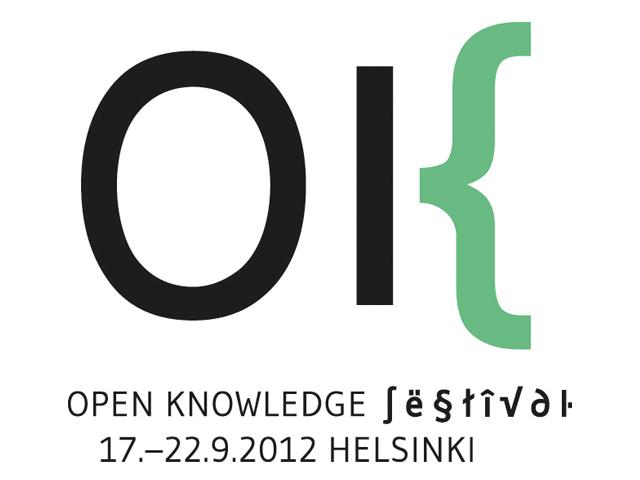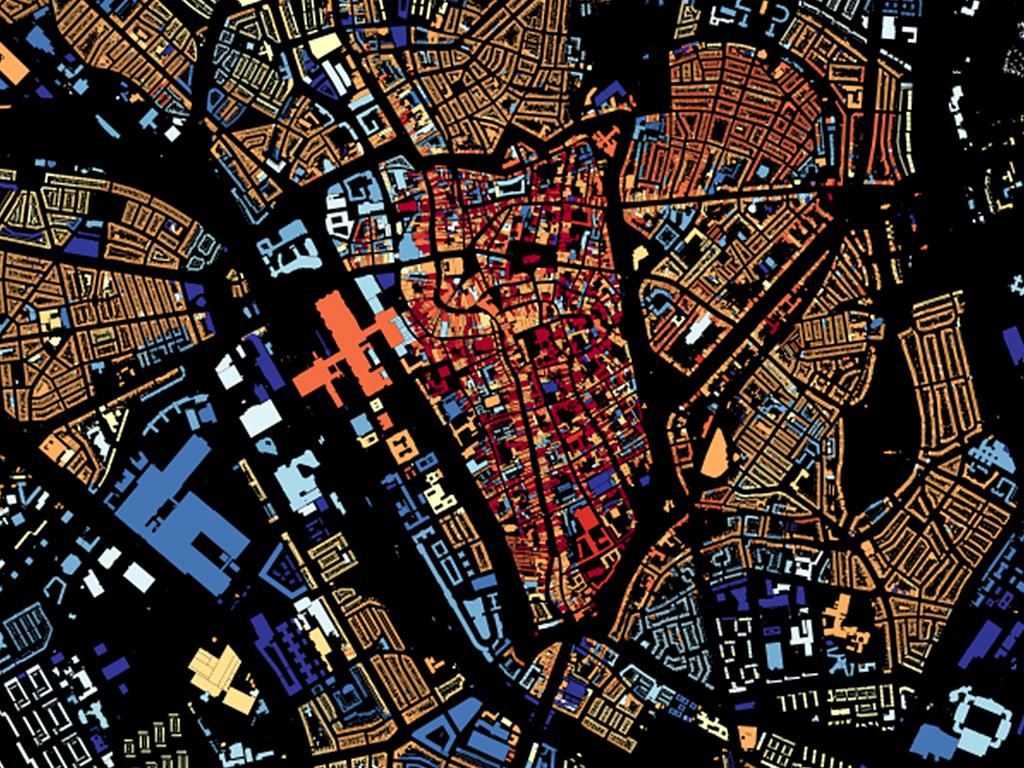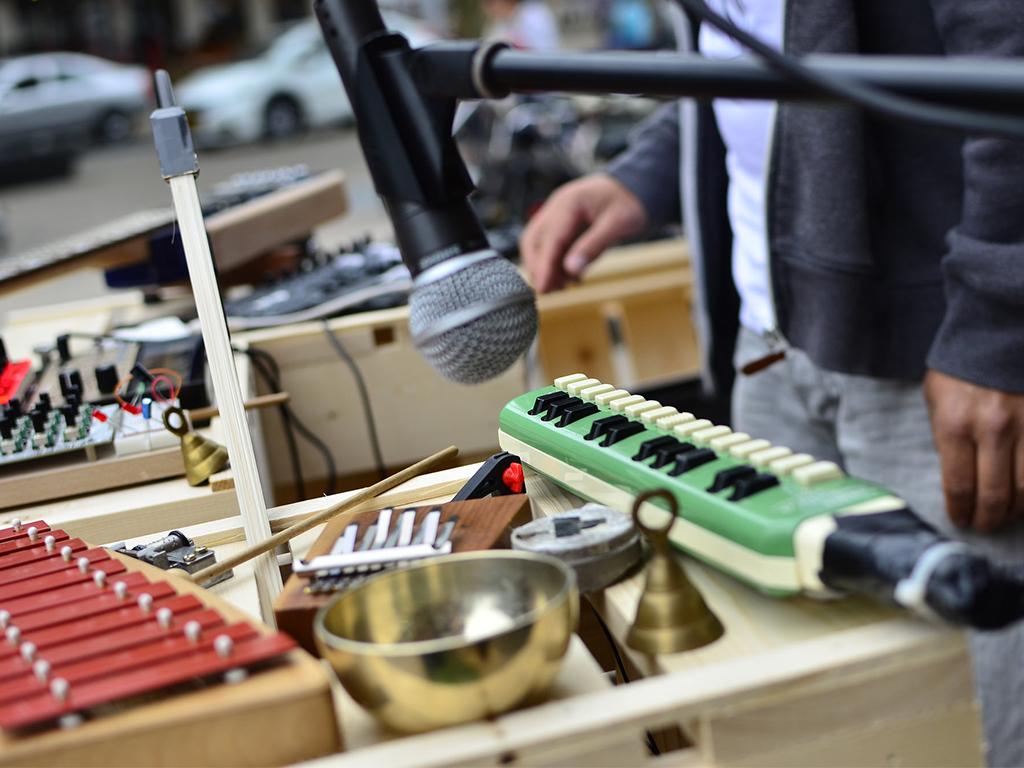What if your 9292 OV app would work throughout Europe, using local data sets? This is very convenient, because travelers don’t have to look for other apps and get the information in their own language. And it has great benefits for municipalities and app developers, who can spend more time on improving the app itself and expanding the underlying datasets. Many municipalities, regions or countries have their own fix-my-street application, such as the Dutch www.verbeterdebuurt.nl. This initiave is still in beta, and for good reasons. It proves difficult to connect the back-end systems to the systems of the various municipalities in a good manner (it still happens to often that complaints or requests are packed as emails and then sent to info@ mail addresses). It is still a challenge to collect and select complaints correctly.
The project Smart City Service Development Kit (SDK City) wants to tackle this mismatch between the many European datasets on the one hand and the app development community on the other. Eight European cities are examining wich hurdles need to be taken, together with various partners. Representatives of the cities of Manchester, Barcelona and Helsinki were present at the OK Festival and there were many program components that touched the subjects of this project in one way or another.
Technological revolution
There were two sessions that stuck with me the most. Both were given by staff of the World Bank, which was strongly represented at the festival. And both speakers showed how fast the technological revolution is proceding and what impact it has in areas where until recently little or no technical development was present. Particularly in Western Africa and East Asia, cities are growing in a bewildering pace. And that growth is accompanied by a rapid increase in ownership of mobile phones. Almost 90% of the world's population owns a mobile phone, an incredible figure for anyone who's ever read a magazine on development. The interesting thing of course is, that a whole new group of people start using new technology and Open Data in difficult conditions and thereby with original and interesting solutions.
Edward Anderson (ICT Innovation Specialist at the World Bank Institute) gave a presentation about Map Mathara. In Mathara, a slum in Nairobi, Kenya, residents have put their own neighborhood literally on the map. Using mobile phones and smart grassroots strategies, data of medical clinics, schools, public toilets and churches was collected and put on Open Maps. Mathara is thus no longer an amorphous no-go area but a clearly defined area that you can develop suitable policies for. You can watch an intro video about the project or see footage of Edwards presentation.
Tiago Peixoto (Open Government Specialist at the World Bank) talked about Sao Paulo, where they try to involve residents more closely to administration and budgeting processes. Peixoto said that budgets in developing countries are often largely fictional, both in the planning and at the implementation stage. Part of this project was to paint annual budgets on walls of buildings. By involving the public in these processes, social pressure is increased, causing politicians and officials to explain abnormalities and stick to their budgets.
Public involvement
But how do you involve large numbers of people actively in policy-making? And how do you let them help in prioritizing issues? A method that worked well, is the one used by Kittenwar.com: you see two pictures and give a click on the photograph that moves you the most. Through projects and random binary comparisons you can create a ranking that gives a fair reflection of what visitors think and want. Interestingly, during the project the inhabitants with the lowest incomes and the least access to Internet or technology, are the ones that were most involved.
I find both examples very relevant for our City SDK project. Precisely because in Europe there are major differences in the data sets that are available for each theme. In the UK, realtime data from the railways is already available, but in Holland the NS does not want to release this data. Whilst developing a mobility app for the City SDK project, Waag will look at ways to improve datasets by supplementing them with crowd-sourced data. Both speakers gave us enough inspiration to do this.


